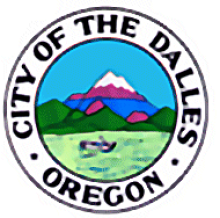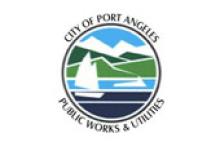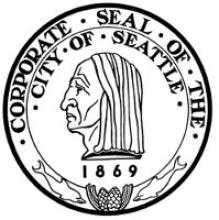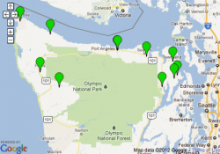How a Muni Network in The Dalles Led to a $600 million Data Center
As I recently mentioned in my endorsement of Tubes by Andrew Blum, the book explains how a municipal fiber network helped to attract Google to town. Google sited its first "built-from-scratch data center" there, a $600 million investment according to Stephen Levy. According to Blum, it all started back in 2000 when the community got fed up with incumbent telephone company Sprint.
The Dalles was without high-speed access for businesses and homes, despite the big nationwide backbones that tore right through along the railroad tracks, and the BPA's big network. Worse, Sprint, the local carrier, said the city wouldn't get access for another five to ten years. "It was like being a town that sits next to the freeway but has no off-ramp," was how Nolan Young, the city manager, explained it to me in his worn office...
The Dalles was suffering economically due to its reliance on industrial jobs that were slowly disappearing.










